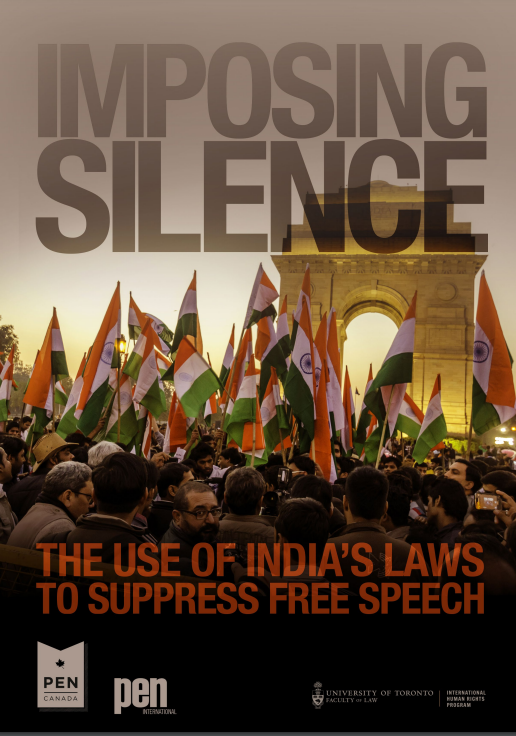India: Imposing Silence
The democratic freedoms enshrined in India’s Constitution set out a political vision that was forged in the crucible of Partition. This vision has informed India’s complex postcolonial history and held the nation together despite its manifold religious, regional, linguistic and caste tensions. The Constitution recognises freedom of expression as a cornerstone of India’s democracy and its enduring importance has helped preserve the country’s fractious public sphere and to sustain its secular, multicultural character. The resulting cultural dynamism has produced, in the words of one observer, “a society of swiftly inflating expectations, where old deference crumbles before youthful impatience,” where “capital is restless [and] new, unforeseen threats and risks are facts of life.”
Despite its Constitutional commitment to free speech, India’s legal system makes it surprisingly easy to silence others. Routine corruption, inefficiency, and the selective enforcement of vague and overbroad laws allow individuals, or small groups, to censor opinions they find distasteful. The Indian Penal Code (IPC) offers would-be censors a wide range of potential offences, many of which do not require malevolent intention on the part of the communicator. If you disagree with something that can be said to promote “enmity,” jeopardise “national integration,” “maliciously” insult religion, or foster “enmity between groups,” it is not difficult to invoke censorship.

